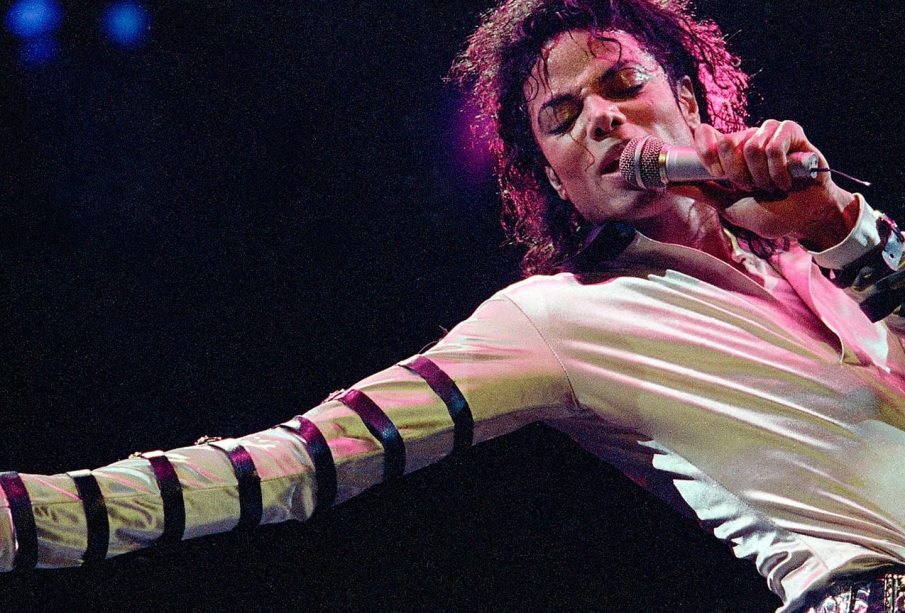Michael Jackson: A Legacy That Transcends Generations

The Importance of Michael Jackson in Music History
Michael Jackson, often referred to as the King of Pop, is one of the most significant cultural figures of the 20th century. His contributions to music, dance, and fashion have left an indelible mark on the entertainment industry.
Key Contributions and Achievements
Born on August 29, 1958, Jackson began his career as a member of the Jackson 5. His transition to a solo artist marked the beginning of a new era in pop music. His groundbreaking album “Thriller” remains the best-selling album of all time, with over 66 million copies sold worldwide. Songs like “Billie Jean” and “Beat It” not only topped charts but also broke barriers in the music industry, particularly regarding race, as they received significant airtime on MTV.
Influence on Dance and Performance
Jackson’s impact is also felt in the world of dance. He popularized signature moves such as the Moonwalk and the robot dance, which have influenced countless artists and dancers globally. His innovative music videos, particularly for “Thriller,” revolutionized the format, turning them into significant art forms that added visual storytelling to music.
Ongoing Legacy and Current Events
As of 2023, the legacy of Michael Jackson continues to thrive. A recent exhibition showcasing his life and achievements was opened at the Grammy Museum in Los Angeles. Furthermore, tributes from fans, artists, and events around his birthday every year reflect his enduring influence. Despite the controversies that arose during and after his life, Jackson’s artistry remains largely celebrated.
Conclusion
Michael Jackson’s influence on music and pop culture is undeniable. His unique ability to connect with audiences through his art makes him a timeless figure in the entertainment world. As new generations discover his music and legacy continues to be analyzed, it’s clear that Michael Jackson’s impact will be felt for years to come. Fans and scholars alike may wish to explore his contributions further, as they signify not just a moment in music history, but a lasting cultural phenomenon.


